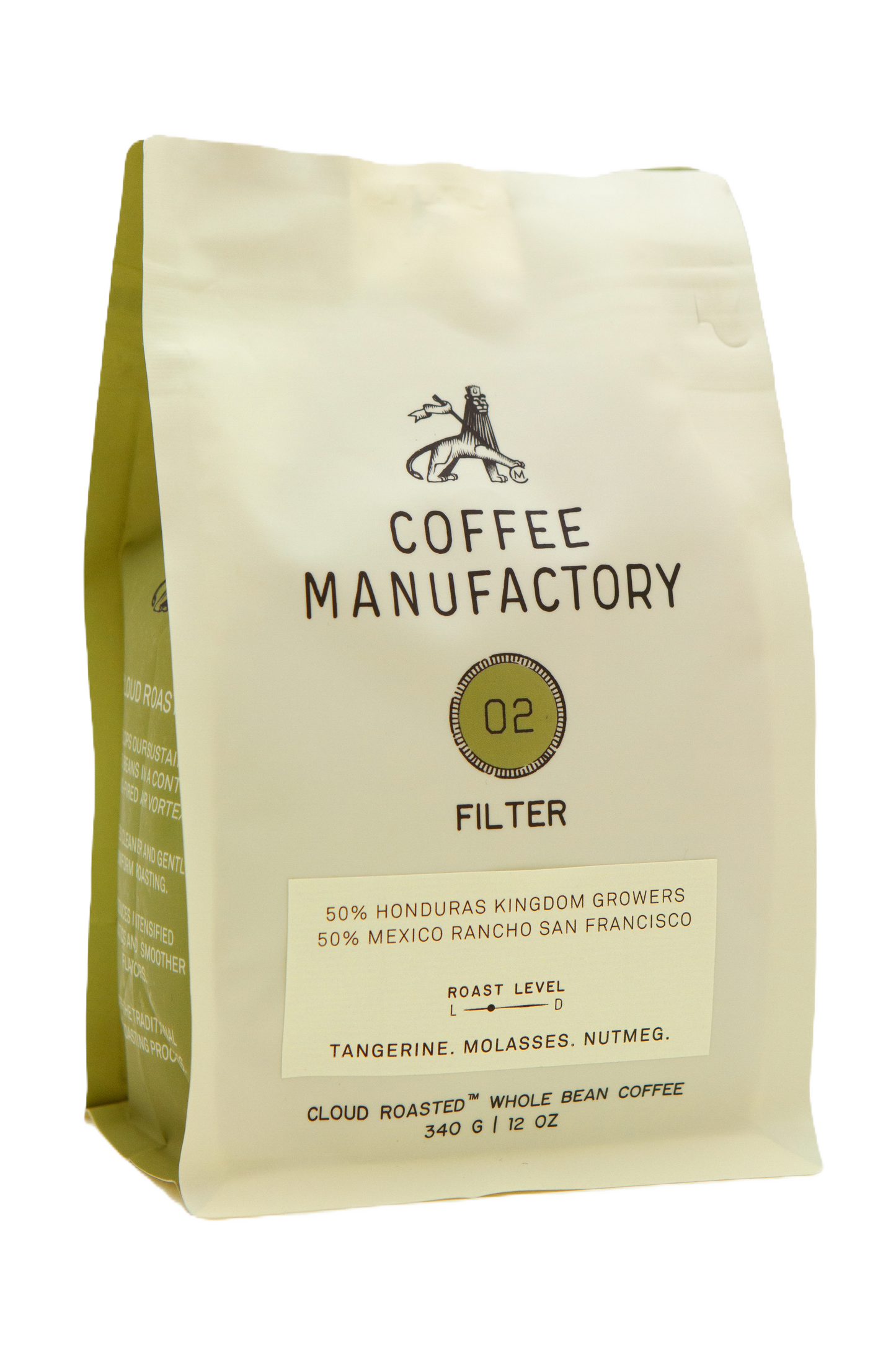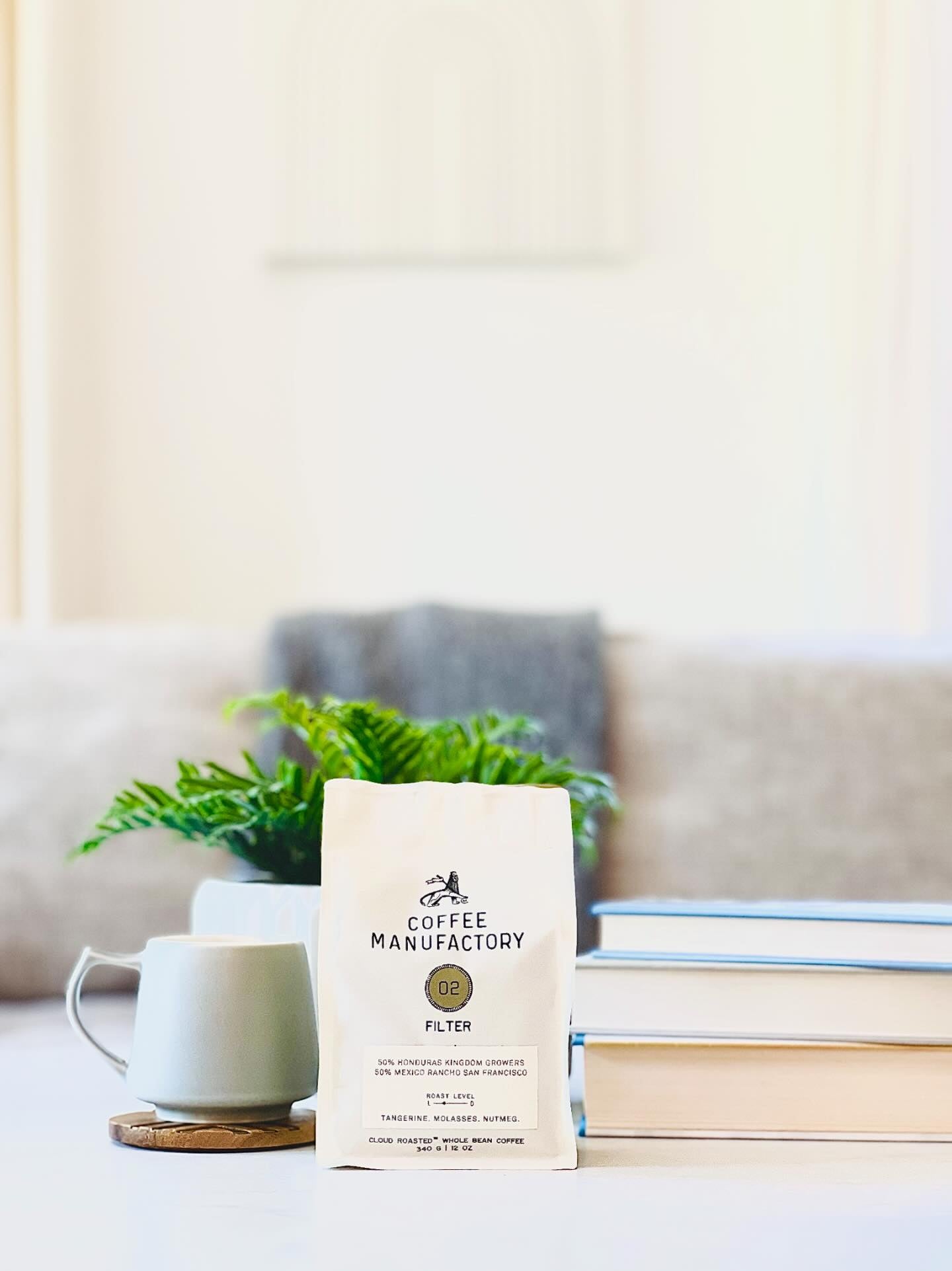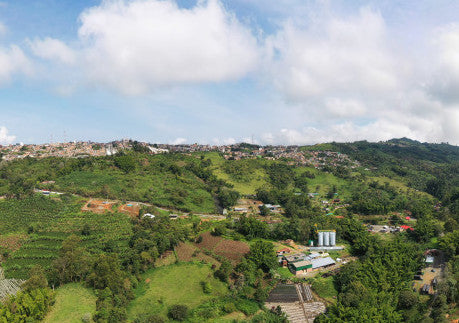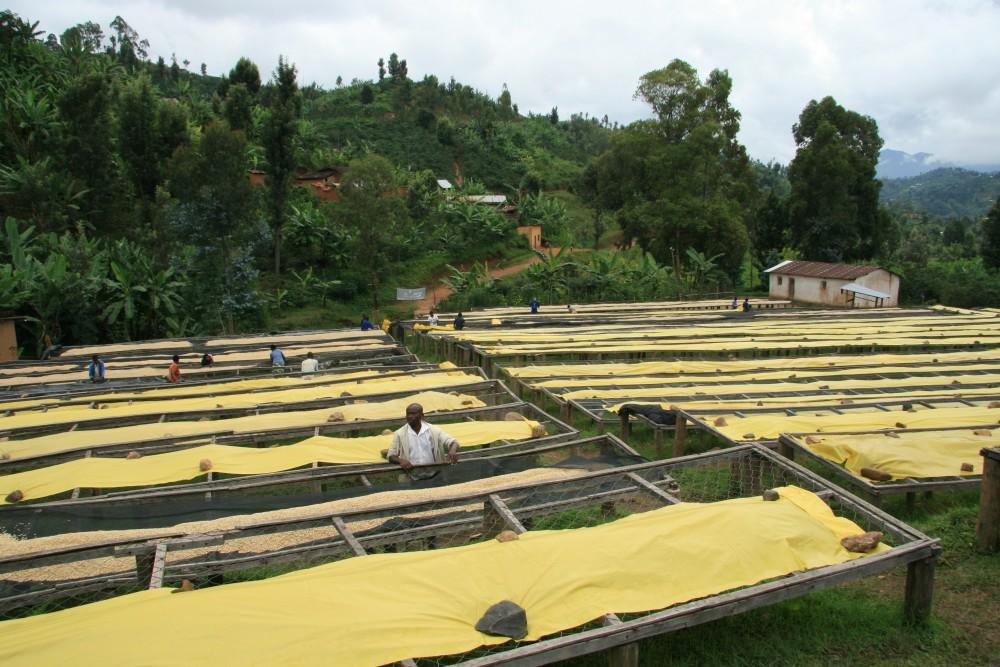Coffee Manufactory
02 FILTER
02 FILTER
Couldn't load pickup availability
50% HONDURAS KINGDOM GROWERS
50% MEXICO RANCHO SAN FRANCISCO
TANGERINE . MOLASSES . NUTMEG
Origin: Mexico / Honduras
Region: Chiapas / Montecillo
Variety: Caturra, Bourbon
Process: Washed
Roast Level: Light - Medium
Altitude Grown: 1,000 - 1,600 m
The focus for our 02 Filter blend is to combine two high quality in-season offerings with complementing flavor profiles to maximize complexity. In blending, we want to highlight the strengths of each coffee, while still promoting the uniqueness of each flavor profile, and
creating an overall experience that is complex yet inviting. You can expect a well balanced cup with subtle notes of tangerine, molasses, and nutmeg.
Share


02 FILTER
ORIGINS

HONDURAS KINGDOM GROWERS
Our Honduras Kingdom Growers coffee is grown on the picturesque slopes of the Montecillos Mountain Range by a cooperative of small, Honduran coffee growers dedicated to the production of high-quality, sustainable coffee as a whole community. Each year the Honduras Kingdom Growers cooperative works with approximately 200 small farm holders, providing them with access to an expanding eco-friendly knowledge base with a variety of training and farm management resources, including proper techniques for processing and milling.

MEXICO RANCHO SAN FRANCISCO
The Guillen family’s Mexico Rancho San Francisco has become a highly beloved and highly sought after offering by coffee roasters. Overall this is one of the most versatile coffees around—it can be roasted across the spectrum, blended, or enjoyed as a solo cup or single origin espresso. Chiapas is the southernmost region in Mexico, sharing a border with Guatemala to the west, and Oaxaca to the east. It is well suited to produce an almost “Guatemala-esque” profile; medium body, low acidity, nuttiness and a hint of spice.


